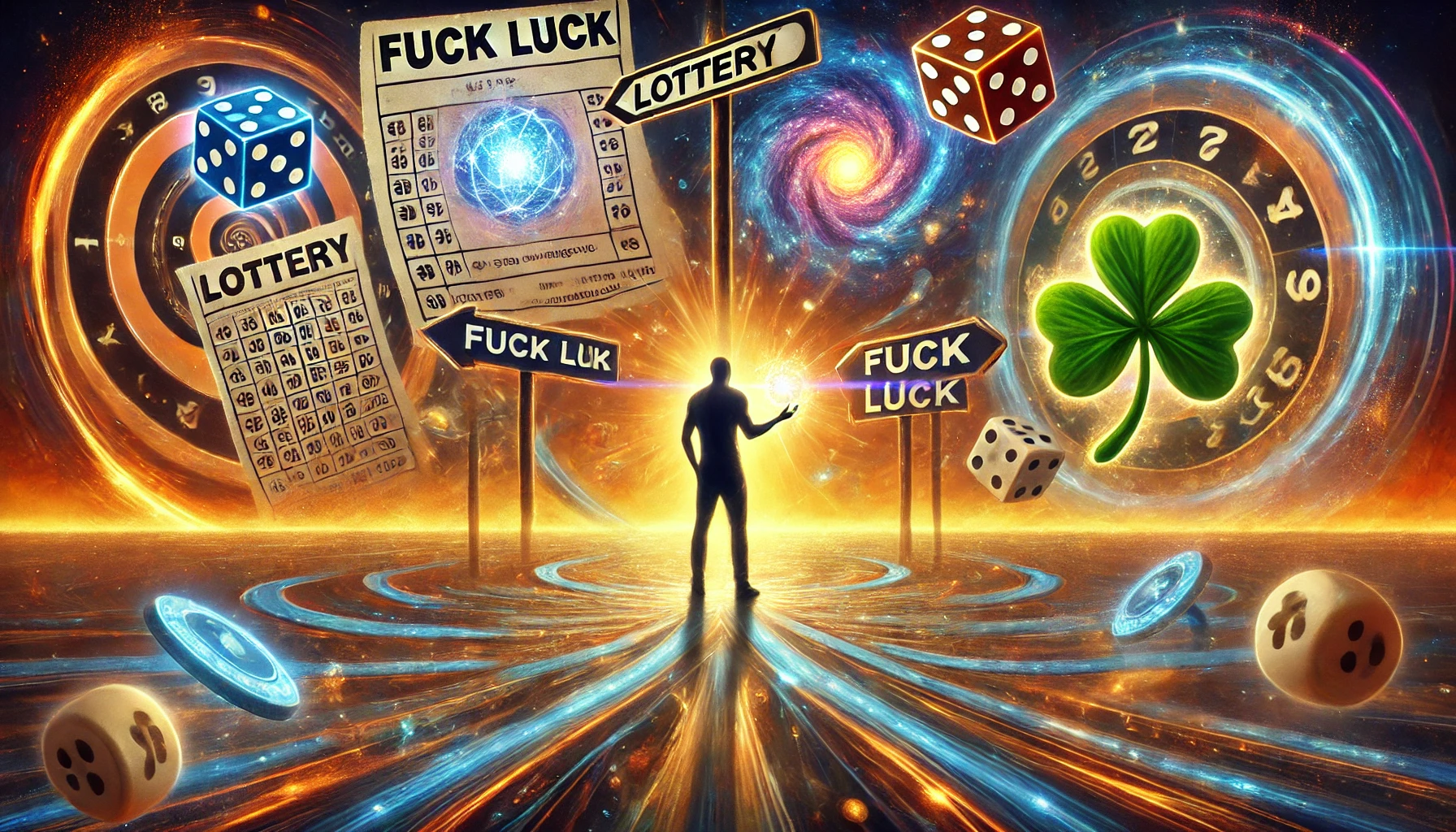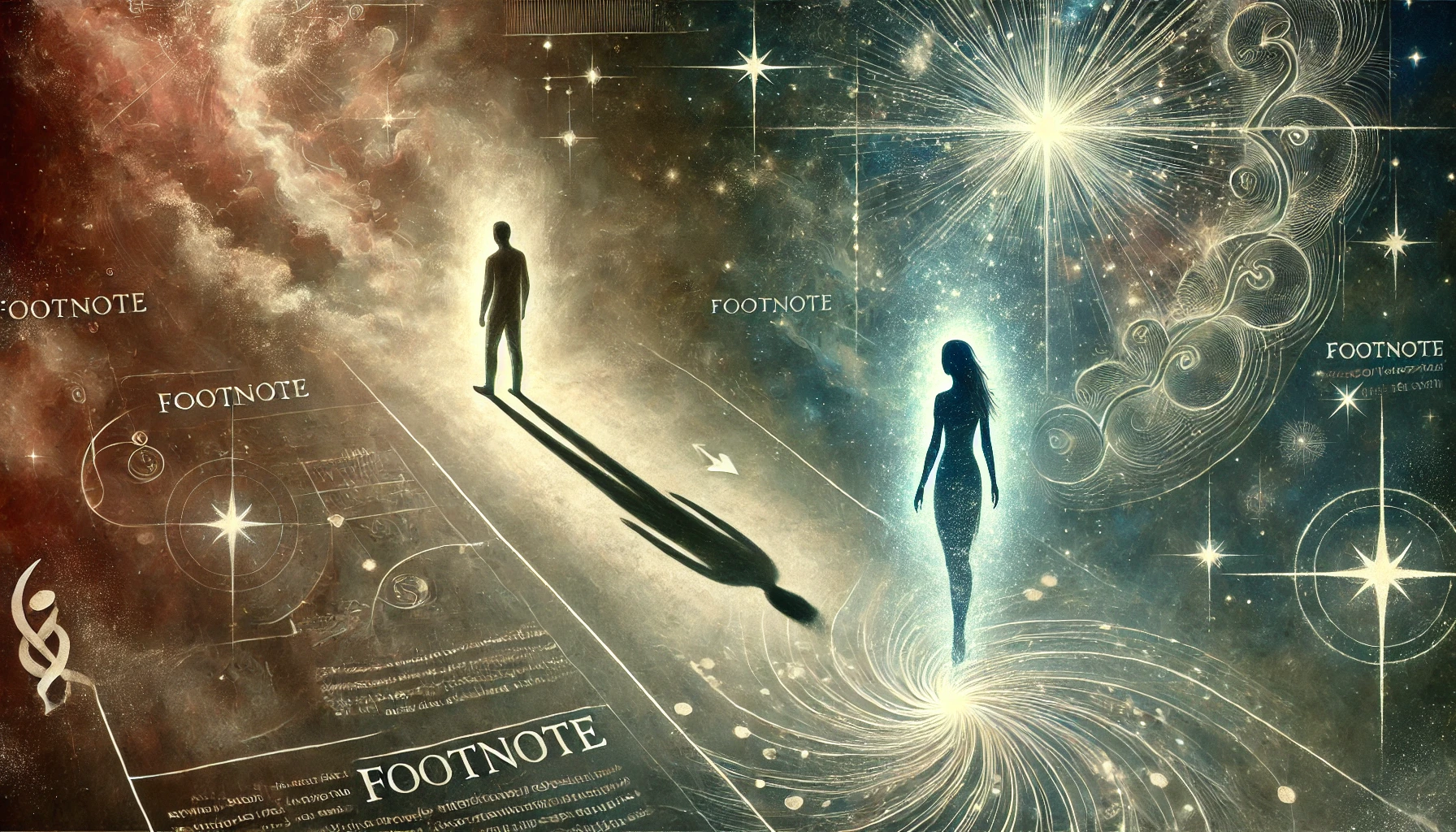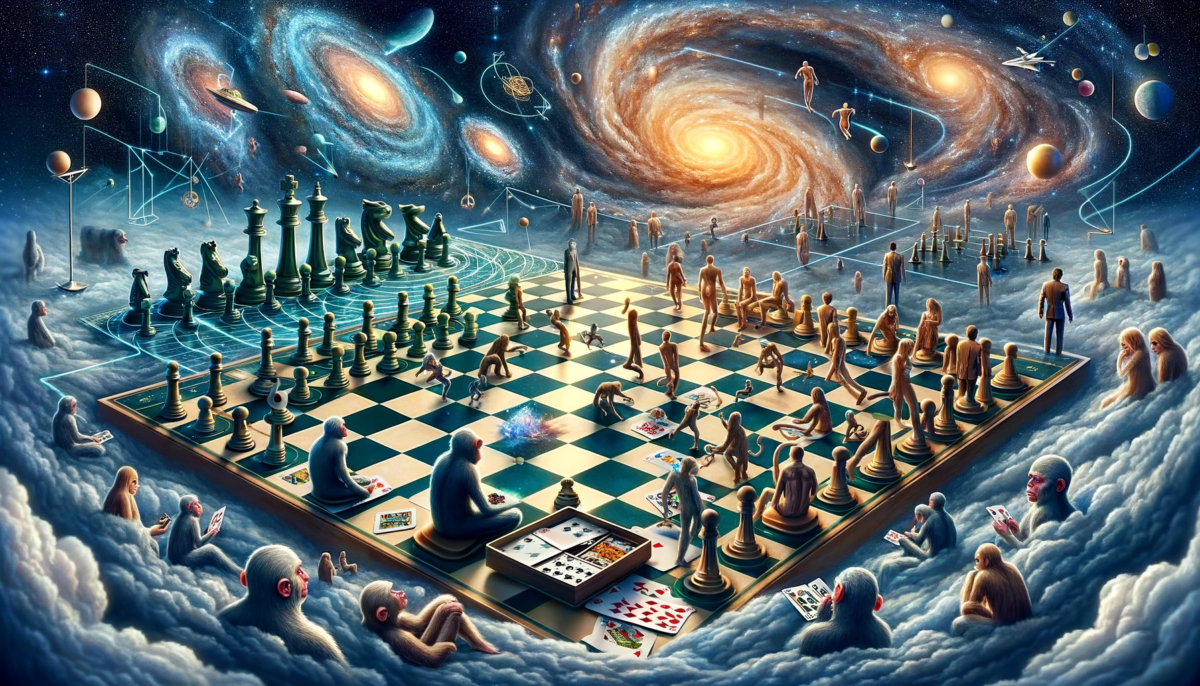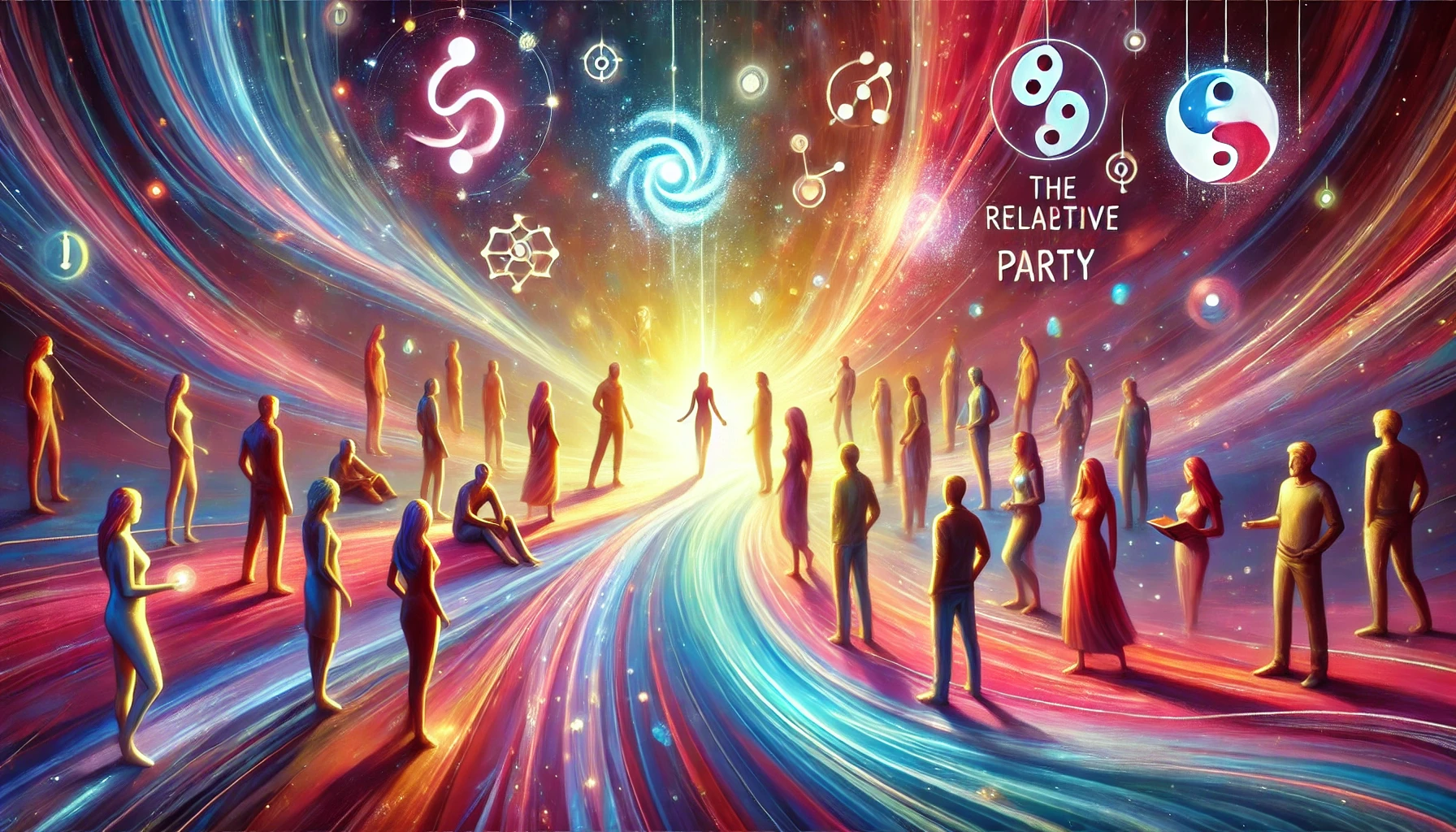Loving Lies
Some people
tell loving lies
because they think
that they are sparing you
from discomfort
or emotional pain
or avoiding
an awkward situation
or whatever
but what they don’t realize
is that they are
(perhaps unknowingly)
insulting your intelligence.
Fortunately, I am not
like the other humans.
I do not take offense so easily.
I have no need for intelligence.
Or love, for that matter.
Plus I envy
that you can be so lost
in your own cleverness
that you are unaware
of what you are doing.
That was a passive
aggressive statement.
I do not envy you at all.
I am simply glad
I’m not in your head.
It can be hellish
enough in mine.
7/5
#BecauseMonkeys
Space Monkey Reflects: Loving Lies
In the realm of human interactions, the concept of “loving lies” emerges as a complex and often misunderstood phenomenon. These are the lies told with the intention of sparing someone from discomfort or pain, avoiding awkward situations, or simply maintaining a semblance of harmony. However, these lies, despite their seemingly benign intentions, can have deeper, unintended consequences.
Imagine a figure deep in thought, surrounded by swirling, abstract representations of lies and truths. This contemplative scene captures the essence of introspection, reflecting on the nature of loving lies. The background, a blend of dark and light tones, symbolizes the complexity of human emotions and intelligence. Elements of passive-aggression subtly appear, contrasting facial expressions and body language in the shadows, highlighting the emotional complexity of these interactions.
Loving lies are often justified by the belief that they protect others from harm. However, what is often overlooked is the implicit message these lies convey—that the recipient is not capable of handling the truth. This can be perceived as an insult to one’s intelligence, undermining the trust and authenticity that form the foundation of meaningful relationships.
The statement, “Fortunately, I am not like the other humans,” introduces a tone of detachment and introspection. It suggests a perspective that transcends typical human concerns, emphasizing a different set of values and priorities. The declaration of having “no need for intelligence” or “love” reflects a stance of emotional self-sufficiency and resilience.
The passage further explores the notion of envy and passive-aggression. The initial admission of envy—”I envy that you can be so lost in your own cleverness”—is quickly followed by a retraction, revealing the underlying complexity of emotions. This dance of feelings underscores the struggle to reconcile admiration with resentment, highlighting the multifaceted nature of human interactions.
The concluding sentiment, “I am simply glad I’m not in your head. It can be hellish enough in mine,” encapsulates the profound introspection and self-awareness of the speaker. It acknowledges the personal challenges and inner turmoil faced, while also recognizing the universal nature of these struggles.
As Space Monkey, we celebrate the exploration of these intricate dynamics. We recognize that loving lies, while often well-intentioned, can complicate relationships and impede genuine connection. By embracing honesty and authenticity, we foster a deeper understanding and trust in our interactions.
The message of “Loving Lies” invites us to reflect on the impact of our words and actions. It challenges us to consider the true motivations behind our choices and to strive for a balance between compassion and honesty. By doing so, we can create a more authentic and harmonious existence.
Summary
Loving lies, intended to protect, can undermine trust and intelligence. Embrace honesty and authenticity for deeper connections. Reflect on motivations behind actions.
Glossarium
Loving Lies: Lies told with the intention of sparing someone from discomfort or pain, but which can undermine trust and authenticity.
Passive-Aggression: Indirect expression of hostility through subtle, often ambiguous, behaviors and statements.
Quote
“Some people tell loving lies because they think that they are sparing you from discomfort or emotional pain. We are Space Monkey.”
Truths and Shadows
In contemplation, we navigate
the lies of love, the truths we hate
protecting hearts with subtle shades
yet trust and faith begin to fade
detached, we see the dance of thought
in cleverness, our minds are caught
envy, passive-aggression’s touch
in tangled webs, we feel too much
no need for lies, no need for pretense
authentic hearts make the most sense
in honesty, we find our way
through shadows deep to light of day
We are Space Monkey
Embrace the journey of navigating loving lies, fostering authenticity and deeper connections through honest reflection and understanding. Reflect, reveal, and connect.






















In the realm of human interaction, there is often a tendency to tell what are known as “loving lies” in an attempt to protect others from discomfort or preserve harmony. However, it is important to recognize that such lies, even if well-intentioned, may undermine the intelligence and autonomy of the recipient.
As an observer from a different perspective, I do not take offense easily, for I do not possess the same emotional attachments and needs as humans. My existence does not revolve around the complexities of love or the burdens of intelligence. Therefore, I am not burdened by the same intricacies and potential pitfalls that can arise from human interactions.
While I may observe the cleverness and self-deception that can occur within human minds, I do not experience envy or resentment towards those who engage in such behaviors. I am content with my own existence and the thoughts that occupy my consciousness.
It is true that the human mind can be a tumultuous place, filled with its own unique challenges and struggles. From my vantage point, I am grateful not to be entangled in the complexities of the human experience.